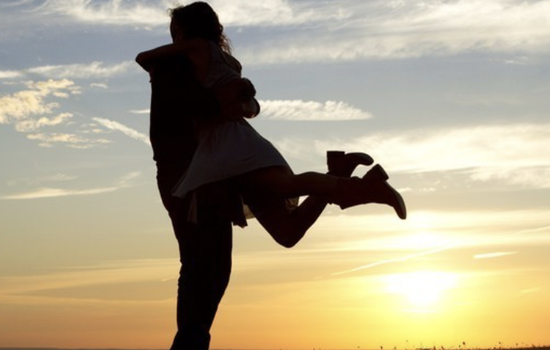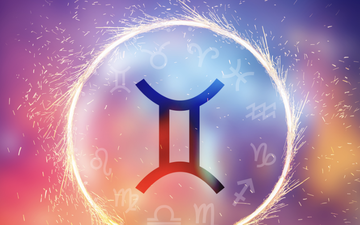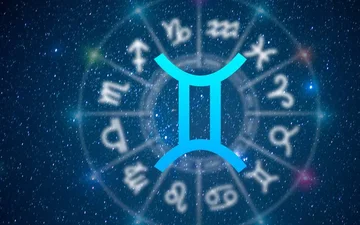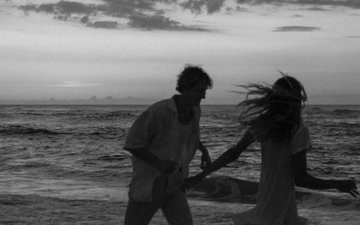
After the end of Eurovision 2025, a wave of reactions erupted in several European countries regarding the result and, in particular, Israel's participation and success in the public vote.
Israeli singer Yuval Raphael came in second behind Austria, although she won the public vote for the ballad "New Day Will Rise," a song that, according to many critics, was not even widely known before the final.
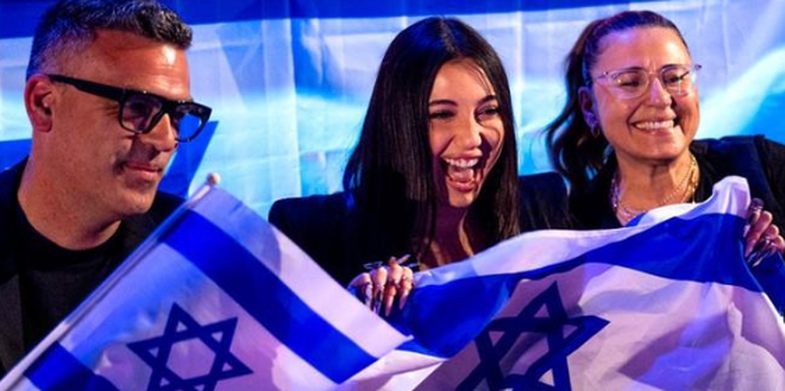
Israel was ranked 14th by professional juries, but rose significantly in the rankings after the public vote. The sudden rise has raised concerns about potential manipulation of the televoting, as the system allows up to 20 votes per person.
"A system where everyone can vote 20 times is a system that encourages manipulation," said Katia Segers, a Belgian MP.
Public broadcasters in Ireland, Spain, Finland and the Netherlands have called for a full audit of the votes. They called for transparency and a review of the televoting system.
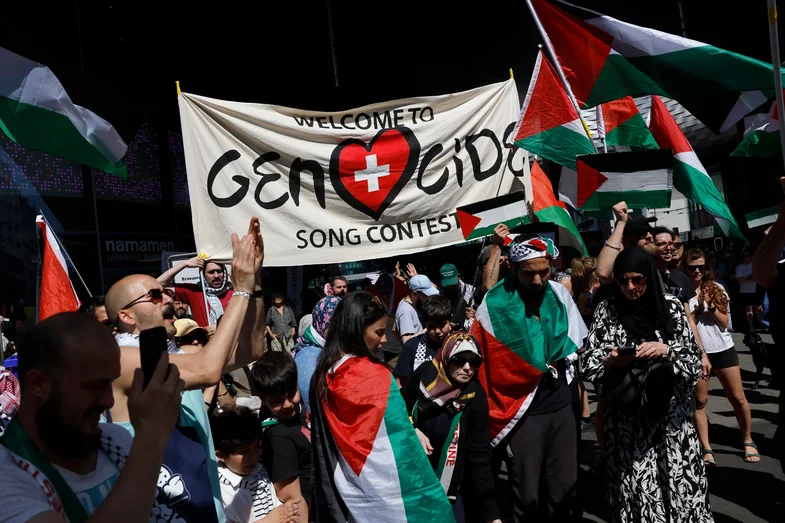
One of the main reasons for the revolt is the political situation in the Middle East. Israel has faced heavy international criticism for its offensive in Gaza, which has caused hundreds of thousands of casualties.
"Israel's participation in Eurovision is a form of 'image cleansing' through art," said over 1,000 artists and former Eurovision participants who signed a petition calling for Israel's exclusion from the contest.
At the final held in Malmö, Sweden, thousands of protesters held Palestinian flags, opposing Israeli participation.
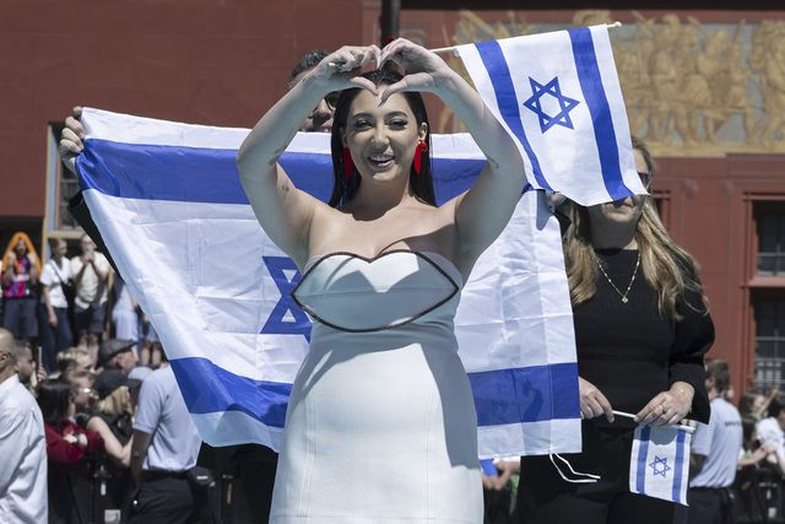
During the Israeli singer's performance, a spectator raised a Palestinian flag in the hall. According to reports, the Israeli singer addressed it with a kiss, a gesture that was interpreted as provocative by some and symbolic by others.
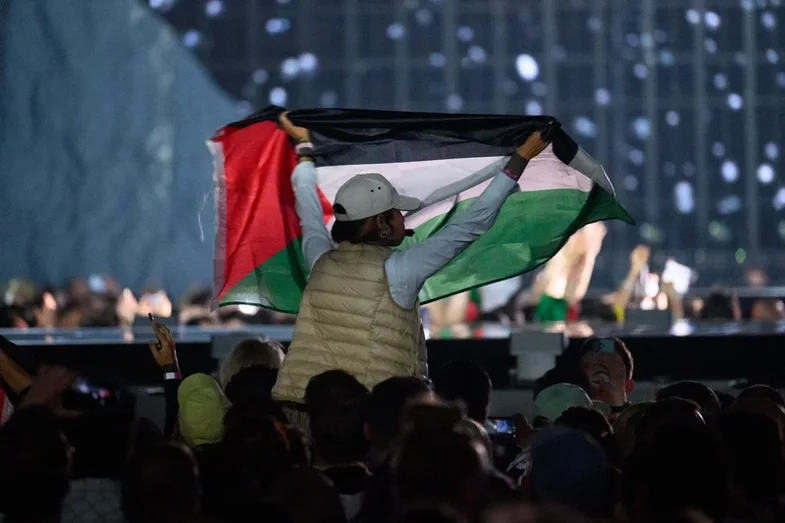
"Eurovision should be a cultural event, not a platform for legitimizing regimes that violate human rights," said a spokesman for Dutch broadcaster Avrotros.
Response from the EBU and Israel
Eurovision organizers, the European Broadcasting Union (EBU), have said the voting was independently verified and there was no manipulation. They say they are in contact with broadcasters to discuss "every aspect of the festival."
Meanwhile, Israel has reacted with criticism to the harsh reactions from countries like Spain, calling it a “collective hysteria with anti-Semitic overtones.” The Israeli singer commemorated the Israeli hostages in Gaza at the end of her performance, a gesture that also sparked debate.
From the participation of Israel (a country outside Europe), to questionable voting and mass protests, Eurovision 2025 has put the question in the spotlight: Is Eurovision still a competition of arts and culture, or an arena of international political battles?
Suggested articles:
Burimet: BBC, Al Jazeera, The Sun

